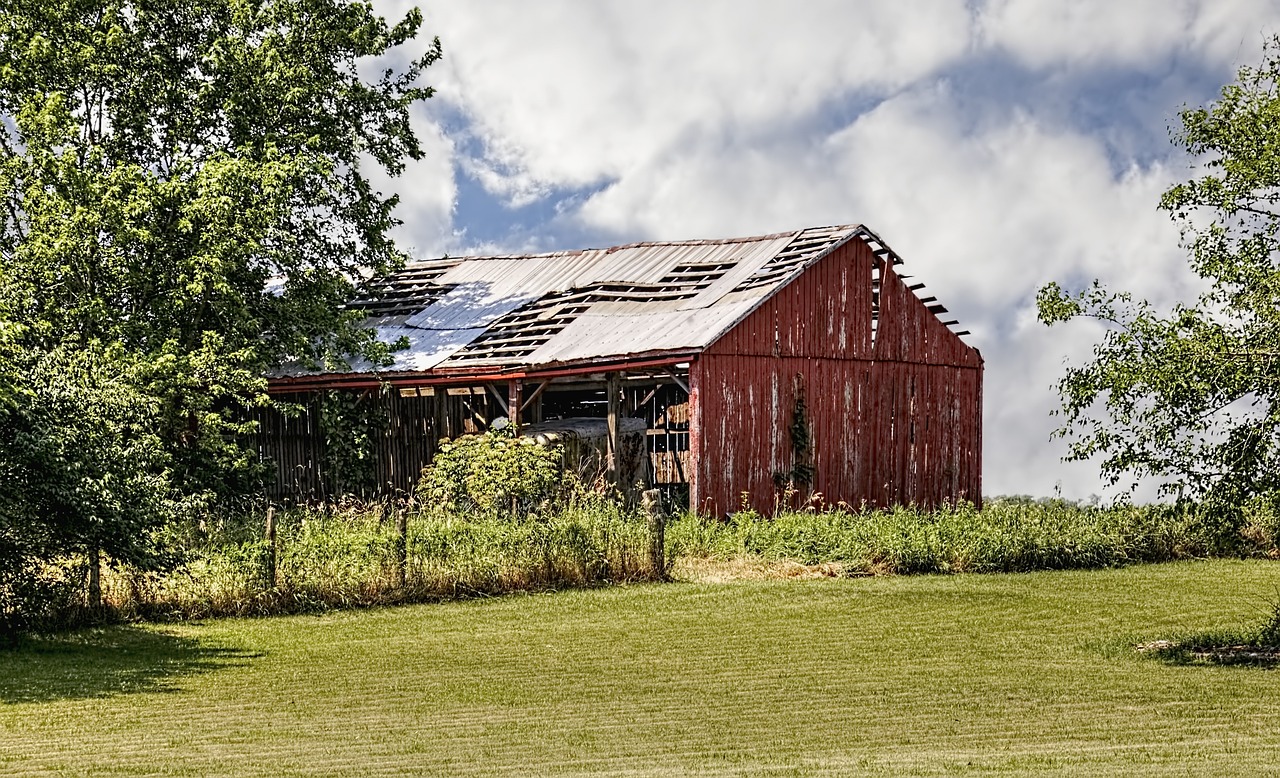Metal Roofing: Transforming Resilient Waste Management: 11xplay online, Indiabet24, Skyfairvip
11xplay online, indiabet24, skyfairvip: Metal Roofing: Transforming Resilient Waste Management
Metal roofing has been gaining popularity in recent years due to its durability, longevity, and aesthetic appeal. Not only does metal roofing offer a great alternative to traditional asphalt shingles, but it also plays a vital role in transforming resilient waste management practices.
In this blog post, we will explore the many benefits of metal roofing and how it contributes to sustainable waste management practices. From its eco-friendly properties to its recyclability, metal roofing offers a sustainable solution for homeowners, businesses, and the environment.
Durability and Longevity
One of the primary benefits of metal roofing is its durability and longevity. Unlike traditional asphalt shingles that need to be replaced every 15-20 years, metal roofing can last up to 50 years or more with proper maintenance. This longevity reduces the amount of waste generated from roof replacements and repairs, ultimately contributing to a more sustainable waste management system.
Eco-Friendly Properties
Metal roofing is an eco-friendly roofing option that can help reduce energy consumption and greenhouse gas emissions. Metal roofs are highly reflective, which helps to reduce heat absorption and lower cooling costs during the summer months. By reducing the energy needed to cool a building, metal roofing can help lower carbon emissions and combat climate change.
Recyclability
One of the most significant benefits of metal roofing is its recyclability. Unlike traditional roofing materials that end up in landfills at the end of their lifespan, metal roofing can be recycled and used to create new products. This closed-loop system helps reduce the amount of waste generated from roofing materials and promotes a more sustainable waste management system.
Cost-Effectiveness
While metal roofing may have a higher upfront cost compared to traditional roofing materials, its long lifespan and low maintenance requirements make it a cost-effective option in the long run. By investing in a metal roof, homeowners and businesses can save money on energy bills, repairs, and replacements over time. Additionally, the recyclability of metal roofing can help offset the initial cost by providing a potential revenue stream through recycling programs.
Weather Resistance
Metal roofing is highly resistant to extreme weather conditions, including strong winds, heavy rain, snow, and hail. This durability helps to reduce the need for frequent repairs and replacements due to storm damage, ultimately contributing to a more resilient waste management system. By investing in a metal roof, homeowners and businesses can protect their properties from costly damage and reduce the amount of waste generated from storm-related repairs.
Architectural Versatility
Metal roofing comes in a variety of styles, colors, and finishes, making it a versatile option for any architectural design. Whether you prefer a traditional look or a modern aesthetic, metal roofing can be customized to suit your taste and complement your building’s style. This architectural versatility not only enhances the aesthetic appeal of your property but also contributes to sustainable waste management practices by offering a long-lasting, recyclable roofing solution.
Conclusion
Metal roofing offers a wide range of benefits that contribute to sustainable waste management practices. From its durability and longevity to its eco-friendly properties and recyclability, metal roofing is a cost-effective and resilient roofing option for homeowners, businesses, and the environment. By investing in a metal roof, you can reduce waste, lower energy consumption, and protect your property from extreme weather conditions while promoting a more sustainable future for generations to come.
FAQs
Q: Is metal roofing more expensive than traditional roofing materials?
A: While metal roofing may have a higher upfront cost, its durability and longevity make it a cost-effective option in the long run.
Q: Can metal roofing be installed on any type of building?
A: Yes, metal roofing is a versatile option that can be installed on residential, commercial, and industrial buildings of all shapes and sizes.
Q: How long does a metal roof last?
A: Metal roofing can last up to 50 years or more with proper maintenance, reducing the need for frequent repairs and replacements.
Q: Is metal roofing environmentally friendly?
A: Yes, metal roofing is an eco-friendly option that can help reduce energy consumption, lower carbon emissions, and promote sustainable waste management practices through its recyclability.







